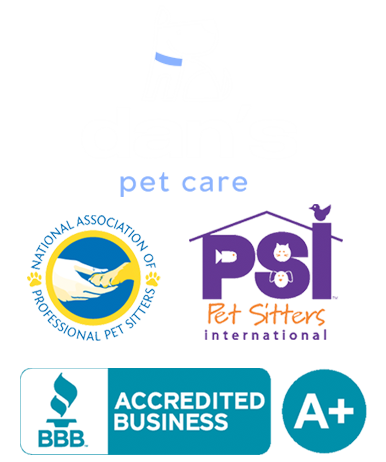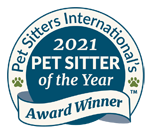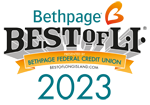Bringing a new puppy into your home is one of the most joyful experiences you can have as a pet parent. However, the early months of your dog’s life are also the most critical for proper development. Socialization is a vital part of that development. Puppies that are well-socialized are more likely to grow into confident, well-adjusted adults who are comfortable in a variety of environments and situations.
In this expert-backed guide, we explore the best puppy socialization tips with insights from professional dog trainers and pet care specialists in Nassau County. From ideal socialization windows to real-world exercises and safety protocols, this guide will help you raise a well-rounded pup.
1. Understand the Socialization Window
Why It Matters
The ideal socialization window for puppies occurs between 3 and 16 weeks of age. During this time, puppies are most open to new experiences, making it the best period to safely introduce them to people, places, objects, and other animals.
What to Do
Begin exposure as early as possible, once your vet approves limited interaction.
Introduce a variety of safe, positive experiences in controlled environments.
Keep sessions short, frequent, and positive.
Use treats and praise to create positive associations.
Expert Insight
According to local Nassau County dog trainers, the biggest mistake new owners make is waiting too long. While vaccinations are important, delaying socialization entirely can lead to fearful or aggressive behavior later in life.
2. Expose Your Puppy to a Variety of People
Why It Matters
Dogs who only know one type of person may become fearful or reactive around those who look or behave differently. Early exposure to a diverse range of humans builds trust and flexibility.
What to Do
Introduce your puppy to people of different ages, sizes, ethnicities, and attire.
Include children, seniors, people in uniforms, and individuals using mobility aids.
Allow your puppy to approach on their terms.
Keep interactions calm and use treats to reinforce positive responses.
Local Tip
Visit Nassau County parks like Eisenhower Park or Cedar Creek Park on quieter weekdays. You’ll find a variety of people in a less overwhelming setting.
3. Controlled Introductions to Other Dogs
Why It Matters
Well-socialized puppies learn canine communication cues, which reduces the chance of aggression or anxiety in adulthood.
What to Do
Start with calm, vaccinated dogs you know.
Use leashes for safety during early interactions.
Supervise closely and watch for signs of stress or excitement.
Allow playtime but intervene if things get too rough.
Pro Trainer Tip
Enroll in a local puppy socialization class in Nassau County. Group classes provide structured, safe interactions with other dogs under professional guidance.
4. Introduce Everyday Noises and Objects
Why It Matters
Desensitizing your puppy to everyday sights and sounds helps them adapt to real-life scenarios. This includes traffic, vacuums, sirens, bicycles, and more.
What to Do
Use controlled exposure to household appliances and outdoor sounds.
Pair scary noises with treats and calm praise.
Gradually increase noise volume or proximity.
Let your puppy explore objects like umbrellas, hats, skateboards, and shopping carts.
Expert Advice
Sound desensitization is especially important for city-dwelling dogs. Nassau County trainers recommend starting at home and then gradually practicing in busier areas.
5. Visit New Places and Surfaces
Why It Matters
Variety in location and terrain builds your puppy’s confidence and adaptability. New smells, textures, and sights help stimulate their senses.
What to Do
Take your puppy for short visits to different environments: parks, vet offices, beaches, and pet-friendly stores.
Let them walk on grass, pavement, sand, tile, and gravel.
Watch for nervous behavior and proceed at their pace.
Local Recommendations
Explore dog-friendly locations like the Wantagh Park dog run or Massapequa Preserve. Bring a travel mat to help your pup feel secure on unfamiliar surfaces.
6. Use Positive Reinforcement for All Interactions
Why It Matters
Creating good associations with new experiences prevents fear and builds trust. Positive reinforcement helps your puppy feel confident when encountering unfamiliar situations.
What to Do
Reward curiosity and calm behavior with treats and praise.
Never force your puppy into interactions.
Stay upbeat and relaxed—your puppy takes cues from your mood.
Quick Tip
Keep training treats in a pouch during outings to reward good behavior on the go. Local pet stores in Nassau County carry options specifically formulated for training.
7. Handle Your Puppy Gently and Frequently
Why It Matters
Getting your puppy used to being touched and handled is essential for vet visits, grooming, and safe daily care.
What to Do
Gently touch their paws, ears, mouth, and tail daily.
Use soft, calm tones during handling.
Introduce grooming tools slowly: brushes, nail clippers, ear wipes.
Offer treats and breaks during handling sessions.
Vet Advice
Veterinarians in Nassau County note that dogs accustomed to touch from a young age are easier to examine and treat. This makes vet visits quicker, safer, and less stressful for everyone.
8. Incorporate Puppy Socialization Into Your Daily Routine
Why It Matters
Consistency reinforces learning and helps your puppy adapt quickly to a variety of environments.
What to Do
Include small socialization tasks in your daily walks.
Vary your walking routes to expose your puppy to new areas.
Encourage polite greetings with neighbors and calm dogs.
Practice commands in real-world settings.
Daily Tip
Set a goal to introduce your puppy to one new thing each day. It can be a sound, texture, object, or person.
9. Be Mindful of Your Puppy’s Body Language
Why It Matters
Recognizing stress signals helps prevent negative experiences that could lead to fear or reactivity later in life.
What to Do
Watch for signs of fear: tucked tail, flattened ears, lip licking, yawning, or avoiding eye contact.
Pause or stop socialization if your puppy appears overwhelmed.
End sessions on a positive note with a calm activity and a reward.
Professional Insight
Local trainers emphasize that not every socialization experience will be perfect. The key is helping your puppy feel safe, not forcing interactions.
10. Leverage Local Resources and Support
Why It Matters
Having expert guidance and community support can make a huge difference in your puppy’s social development.
What to Do
Attend puppy classes or workshops led by certified trainers.
Visit local dog-friendly businesses to practice manners in public.
Connect with other puppy owners in Nassau County for playdates and tips.
Local Resource Tip
Check out Dan’s Pet Care for puppy training services, dog walking, and at-home care in Nassau County. Their team is experienced in helping new pet parents with early-stage development and socialization.
Final Thoughts
Early socialization is one of the most important investments you can make in your puppy’s future. By exposing them to a wide variety of people, animals, environments, and experiences in a safe and positive way, you’re building the foundation for a confident, friendly, and well-mannered adult dog.
Whether you’re navigating your first puppy or want to reinforce good habits with your latest addition, these tips from Nassau County experts will give you the tools you need to succeed. And remember, if you need help, professional trainers and services like those from Dan’s Pet Care are always here to guide you.





